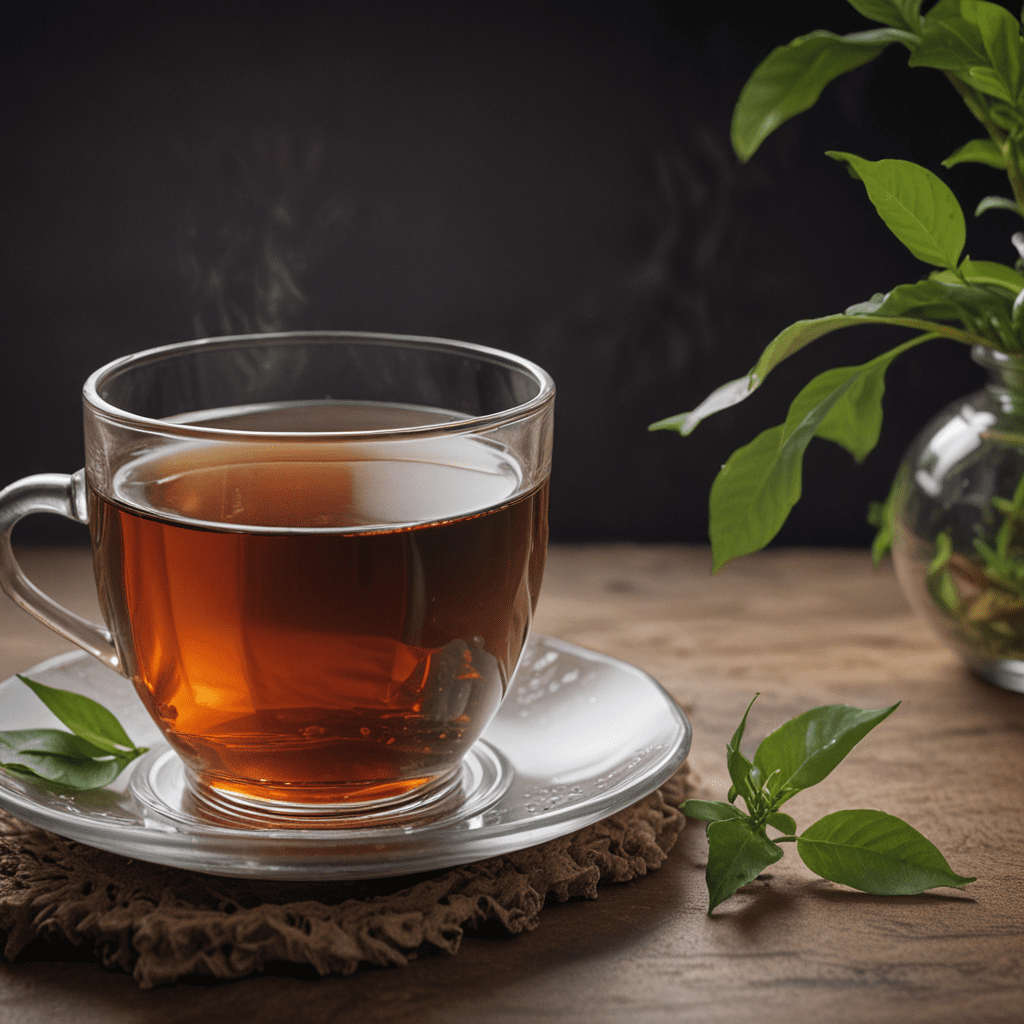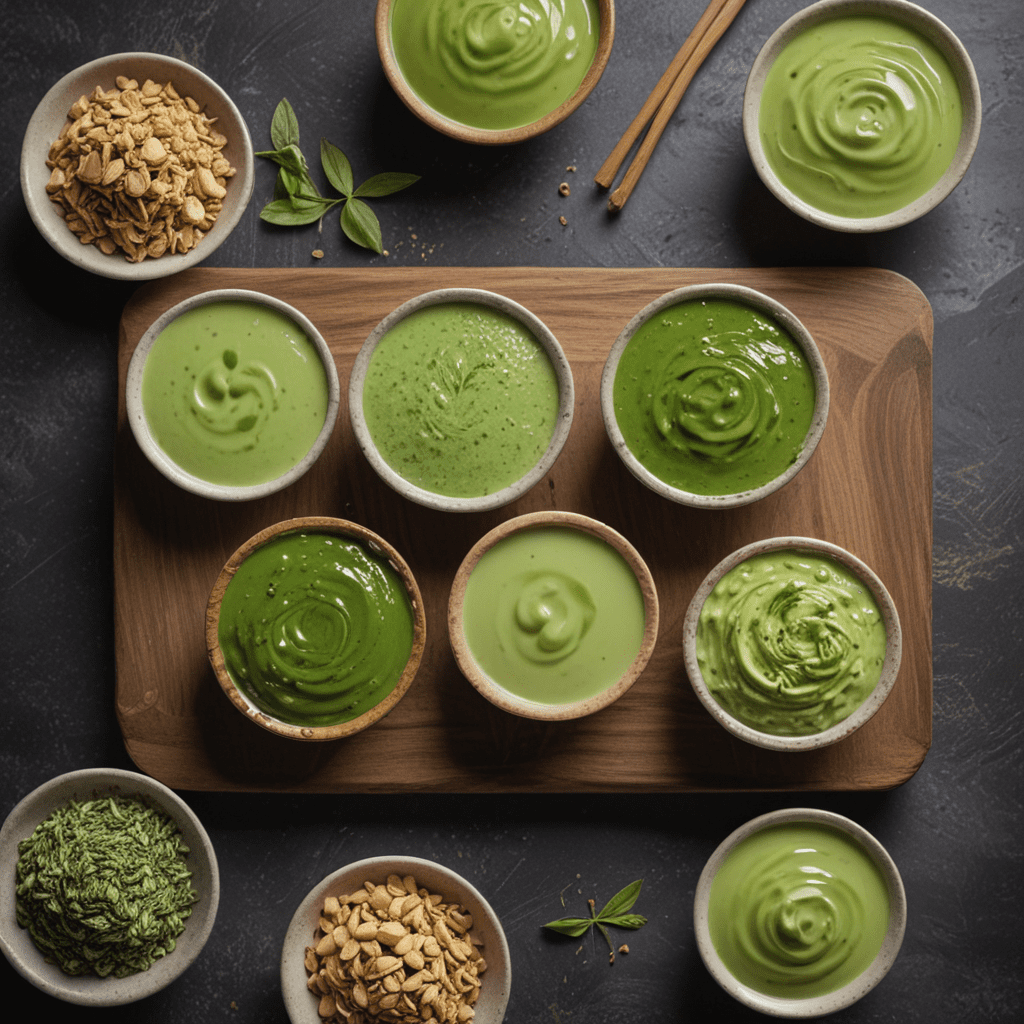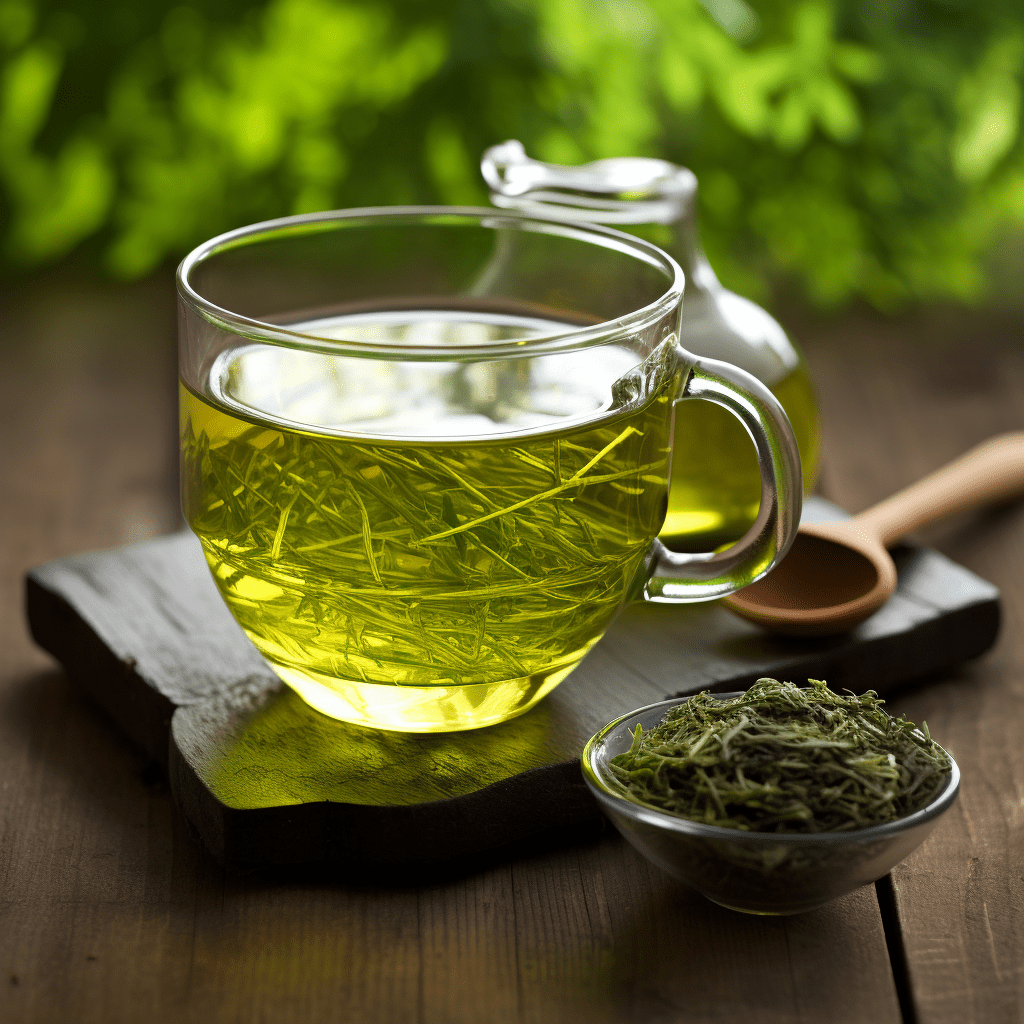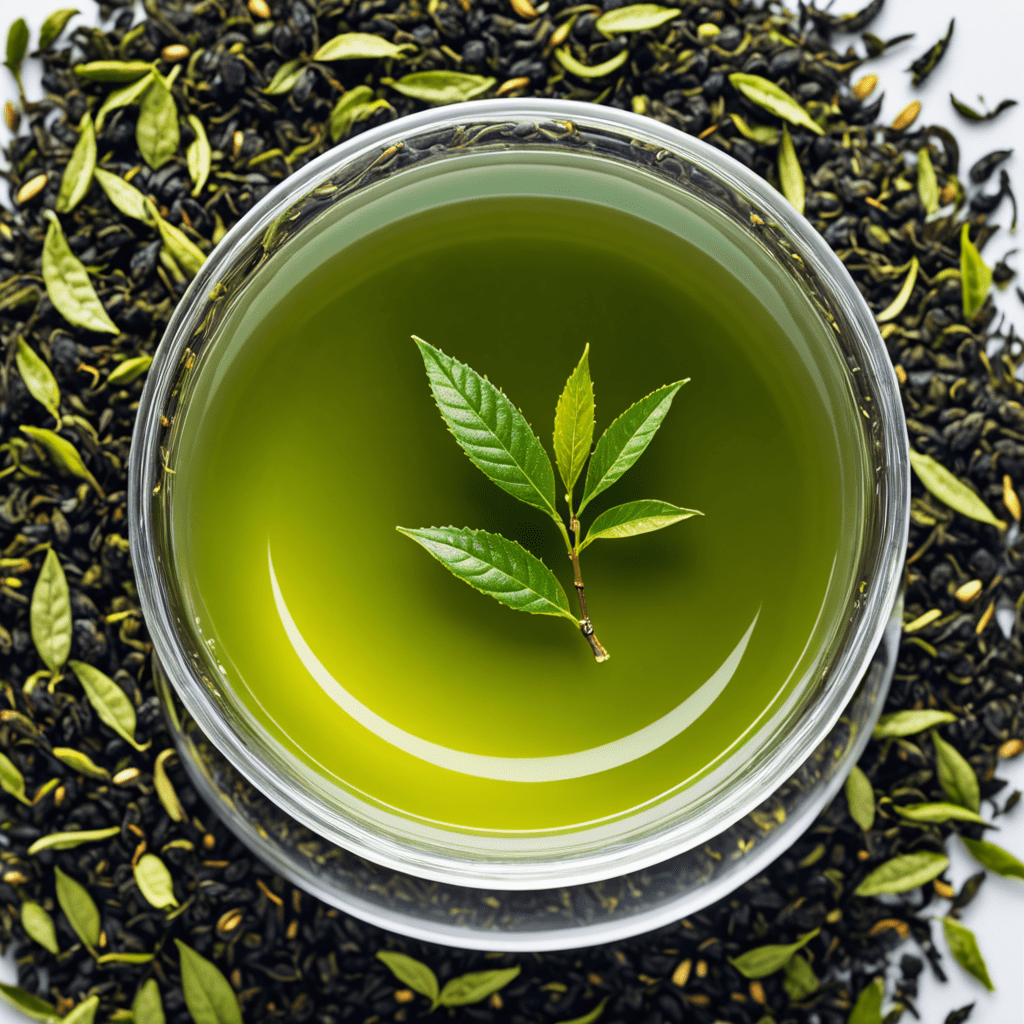
Ceylon Tea and Its Evolution in Modern Tea Culture
1.
Historical Origins of Ceylon Tea
The origins of Ceylon tea can be traced back to the 19th century when the British introduced tea plants to Sri Lanka (formerly known as Ceylon). The island's tropical climate and fertile soil proved ideal for tea cultivation, and the industry quickly flourished. By the early 20th century, Ceylon had become one of the world's leading tea producers.
2.
The British Tea Empire
The British played a pivotal role in developing the Ceylon tea industry. They established large-scale tea plantations and standardized processing methods to ensure consistent quality. British tea companies also played a key role in marketing Ceylon tea around the world. By the mid-20th century, Ceylon tea had become a staple in homes and businesses across the globe.
3.
Varieties and Terroir of Ceylon Tea
Ceylon tea is renowned for its diverse range of flavors and aromas. This diversity is attributed to the island's varied geography and climate. Teas grown at higher altitudes tend to have a lighter, more delicate flavor, while teas from lower elevations are typically bolder and more robust. Different soil types also contribute to the unique characteristics of Ceylon teas.
4.
Modernization and Sustainability
In recent decades, the Ceylon tea industry has undergone significant modernization. Technological advancements have improved efficiency and productivity, while sustainable farming practices have been adopted to protect the environment. Today, Ceylon tea is produced using state-of-the-art machinery and is grown in accordance with strict environmental standards.
5.
Global Recognition and Market Expansion
Ceylon tea has gained global recognition for its exceptional quality. It is exported to over 100 countries around the world and is considered one of the finest teas available. The Ceylon Tea Board, a government agency, actively promotes Ceylon tea and ensures the maintenance of high standards.
6. Specialty Teas and Tea Blends
The demand for high-quality, specialty teas has surged in recent years. Ceylon tea has kept pace with this trend, offering a range of exclusive and artisanal teas. These teas are often produced in small batches, using carefully selected leaves and innovative processing techniques.
Tea blenders have also embraced Ceylon tea, creating unique and flavorful tea blends that combine it with other ingredients, such as herbs, spices, and fruits. These blends cater to a wide range of palates and preferences, offering a diverse and enjoyable tea experience.
7. Tea Tourism and Cultural Heritage
Sri Lanka recognizes the cultural and economic importance of its tea industry. Tea-themed tourism has emerged as a popular way to experience the island's tea heritage and stunning landscapes. Visitors can tour tea plantations, learn about tea production, and sample a variety of Ceylon teas.
Preserving tea-related traditions is also crucial. The Sri Lankan government has implemented measures to safeguard the island's tea culture and protect its historical sites and landmarks.
8. Tea and Health
Ceylon tea is not only delicious but also offers numerous health benefits. It is a rich source of antioxidants, which can protect the body from free radical damage. Studies have linked Ceylon tea consumption to a reduced risk of certain chronic diseases, including heart disease and cancer.
9. Social and Economic Impact
The tea industry plays a vital role in Sri Lanka's economy. It is one of the island's largest employers, providing livelihoods for millions of people. Tea exports also generate significant foreign exchange earnings, contributing to the country's economic growth.
10. Future Trends and Innovations
The Ceylon tea industry is constantly evolving, adapting to meet the changing needs of consumers and the challenges of a global marketplace. Emerging technologies and research are being deployed to enhance production efficiency and quality. Sustainable initiatives are being implemented to protect the environment and ensure the long-term sustainability of the industry.
FAQ
1. What is the difference between Ceylon tea and other teas?
Ceylon tea is renowned for its distinct flavor profile, attributed to the unique geography and climate of Sri Lanka. It is typically lighter and more delicate than teas from other regions.
2. How should Ceylon tea be brewed?
For optimal flavor, brew Ceylon tea with freshly boiled water and steep for 3-5 minutes, depending on your desired strength.
3. What are the health benefits of Ceylon tea?
Ceylon tea is a rich source of antioxidants, which can help protect the body from free radical damage. Studies suggest that it may reduce the risk of chronic diseases, such as heart disease and cancer.
4. Can Ceylon tea be enjoyed by pregnant women?
While Ceylon tea contains caffeine, it is generally considered safe to consume in moderation during pregnancy. However, it is recommended to limit caffeine intake to no more than 200 mg per day.
5. How can I find genuine Ceylon tea?
Look for teas labeled as "Ceylon Tea" or bearing the logo of the Ceylon Tea Board. This ensures that the tea has been produced in accordance with strict quality standards and originates from Sri Lanka.


